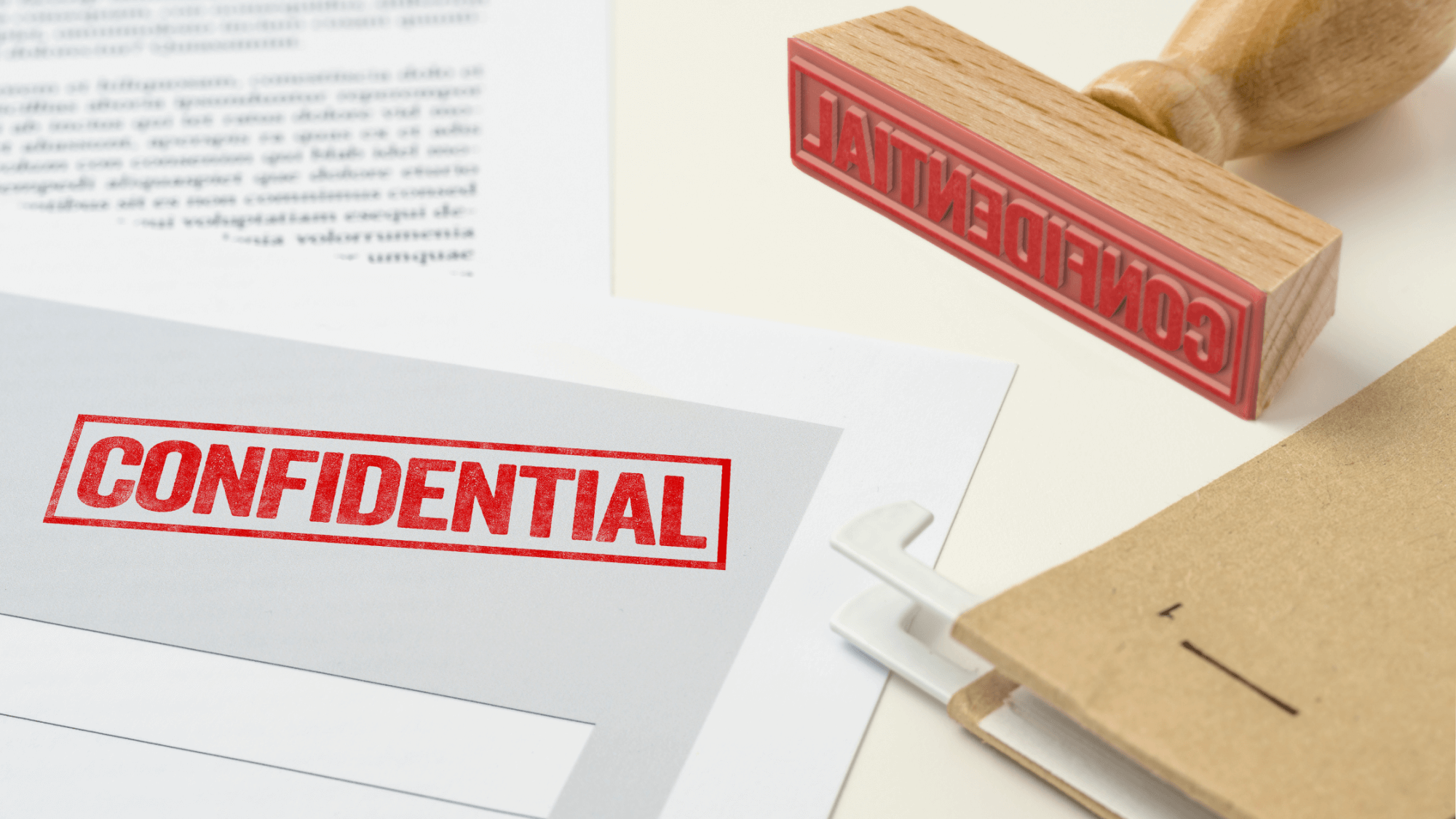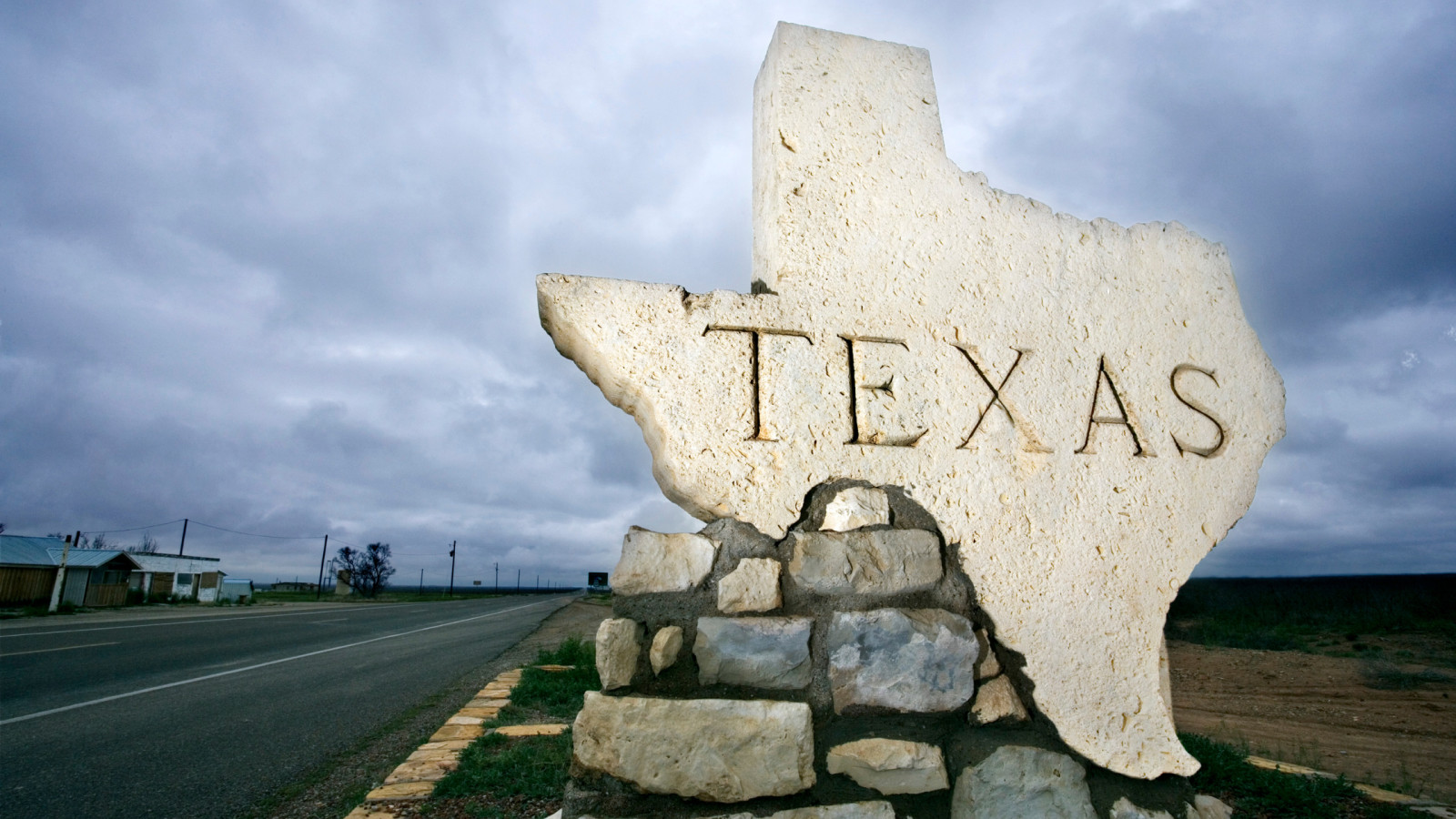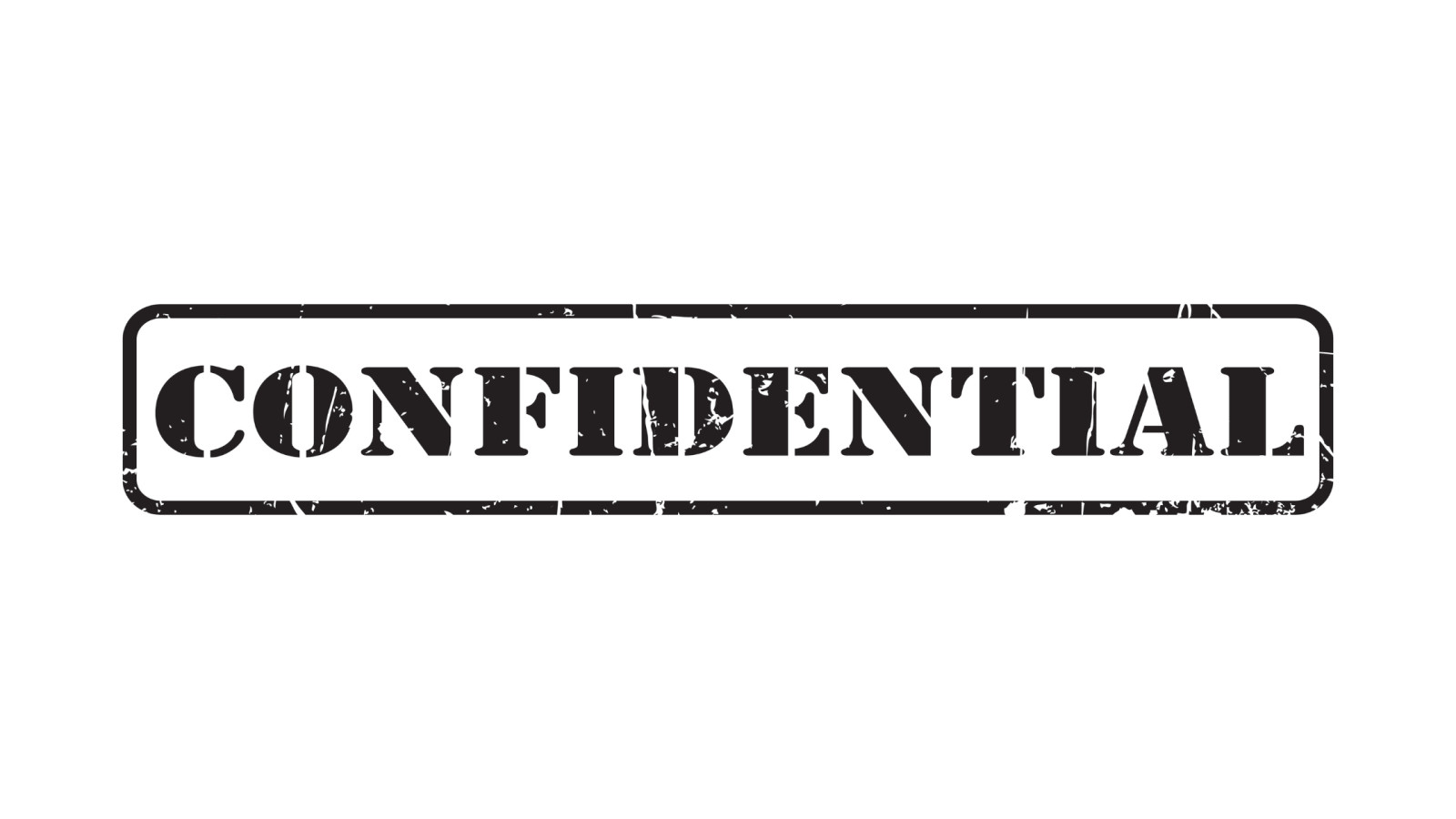
Why Insurance Mediation Is The Best Course Of Action For Your Insurance Claim Dispute
Insurance Mediation is a process of resolving disputes through the assistance of a neutral third party, known as a mediator. In the context of insurance claim disputes, mediation offers an alternative to traditional litigation by providing a platform for parties to come together and negotiate a mutually acceptable resolution. Unlike litigation, which involves going to court and having a judge or jury make decisions, mediation allows the parties involved in the dispute to have more control over the outcome.
Key Takeaways
- Mediation is a highly effective way to resolve insurance claim disputes.
- Mediation can save time and money compared to litigation.
- Mediation offers flexibility and confidentiality for all parties involved.
- Mediation can preserve relationships and empower parties to find a mutually beneficial solution.
- Mediation has a high success rate in resolving insurance claim disputes.
Understanding the Benefits of Insurance Mediation for Insurance Claims
 One of the key benefits of mediation in insurance claims is its cost-effectiveness compared to litigation. Litigation can be an expensive and time-consuming process that involves hiring lawyers, paying court fees, and potentially facing lengthy court proceedings. In contrast, mediation typically requires fewer resources and can be resolved more quickly.
One of the key benefits of mediation in insurance claims is its cost-effectiveness compared to litigation. Litigation can be an expensive and time-consuming process that involves hiring lawyers, paying court fees, and potentially facing lengthy court proceedings. In contrast, mediation typically requires fewer resources and can be resolved more quickly.
In addition to being cost-effective, mediation also offers faster resolution times compared to litigation. Instead of waiting months or even years for a court date and going through lengthy legal procedures, parties can schedule mediation sessions at their convenience with the help of their mediator.
Furthermore, one significant advantage of choosing mediation over litigation is that it allows parties involved in insurance claim disputes to have more control over the outcome. In litigation cases, decisions are made by judges or juries based on legal principles and precedents. However, in mediation sessions, parties have an active role in shaping their own agreement based on their specific needs and interests.
The Role of Mediators in Insurance Claim Disputes
Mediators play a crucial role in facilitating communication between parties involved in insurance claim disputes during the process of negotiation toward reaching an agreement. As neutral third parties who do not take sides or advocate for any particular party's position, the mediator stays focused on helping both sides find common ground.
By creating an environment where open dialogue can take place without fear or intimidation from either party involved in the dispute; mediators help parties express their concerns, interests, and needs effectively. They also assist in reframing issues to promote understanding and encourage creative problem-solving.
How Mediation Can Save Time and Money in Insurance Claims
| Benefits of Mediation in Insurance Claims | Explanation |
|---|---|
| Reduced Litigation Costs | Mediation can help avoid costly court battles and legal fees. |
| Quicker Resolution | Mediation can lead to a faster resolution of insurance claims compared to traditional litigation. |
| Improved Communication | Mediation can facilitate better communication between parties, leading to a more efficient and effective resolution. |
| Preservation of Relationships | Mediation can help preserve relationships between parties, which can be important in the insurance industry where ongoing business relationships are common. |
| Greater Control | Mediation allows parties to have greater control over the outcome of the dispute, rather than leaving it in the hands of a judge or jury. |
One of the primary advantages of mediation over litigation is its ability to save time for all parties involved. Litigation can be a lengthy process that involves multiple court appearances, document exchanges, and waiting for court dates. In contrast, mediation allows parties to schedule sessions at their convenience, potentially resolving the dispute in a matter of weeks or months rather than years.
In addition to saving time, mediation can also save money for insurance claim disputes. Litigation often requires hiring lawyers who charge high hourly rates and may require extensive research and preparation for court proceedings. Mediation typically involves lower costs as it does not require extensive legal representation or formal court procedures.
Furthermore, by choosing mediation over litigation in insurance claim disputes, parties can avoid the cost of expert witnesses who are often necessary during trials. Expert witnesses can be expensive to hire as they provide specialized knowledge or opinions on specific aspects of the case such as medical conditions or property damage assessments.
The Importance of Confidentiality in Mediation for Insurance Claims

Confidentiality is a fundamental aspect of mediation that provides a safe space for parties involved in insurance claim disputes to speak freely without fear that their words will be used against them later in court proceedings. Unlike litigation where statements made during depositions or trial testimony can be used against individuals involved; anything said during mediation sessions remains confidential unless both parties agree otherwise.
The confidentiality offered by mediation not only protects sensitive information but also encourages open communication between the disputing parties. By knowing that what they say will not be used against them outside the context of negotiation; participants are more likely to share relevant information openly which helps build trust between them.
The Flexibility of Mediation for Insurance Claim Disputes
Mediation offers flexibility in several aspects that make it an attractive option for resolving insurance claim disputes. Firstly, parties involved in the dispute can choose a mediator who has expertise or knowledge in their specific area of contention. This ensures that the mediator understands the intricacies of the insurance industry and can effectively guide the negotiation process.Secondly, mediation allows parties to schedule sessions at a time and place convenient for all involved. Unlike court proceedings that are bound by strict schedules and locations; mediation sessions can be arranged to accommodate everyone's availability, reducing potential conflicts or delays.
Lastly, mediation provides flexibility regarding legal representation. Parties have the choice to bring their lawyers to mediation sessions or participate without legal counsel if they prefer. This flexibility allows individuals to tailor their approach based on their comfort level and specific needs.
How Mediation Can Preserve Relationships in Insurance Claims
One significant advantage of choosing mediation over litigation for insurance claim disputes is its potential to preserve relationships between the parties involved. Litigation often creates an adversarial environment where each side tries to prove its case while attacking the other's position.In contrast, insurance mediation promotes cooperation and understanding between disputing parties by encouraging open dialogue and active listening. By focusing on finding common ground rather than winning at all costs; participants have an opportunity to gain insight into each other's perspectives which can lead to improved communication and relationship preservation even after reaching a resolution.
The Empowerment of Parties in Mediation for Insurance Claims
Mediation empowers parties involved in insurance claim disputes by giving them more control over the outcome compared to litigation where decisions are made by judges or juries based on legal principles alone.During insurance mediation sessions, participants have an opportunity to express their needs, interests, and concerns openly; allowing them greater influence over shaping agreements that meet those requirements effectively. This empowerment fosters a sense of ownership over the resolution process which often leads individuals towards finding mutually beneficial solutions rather than relying solely on legal arguments or court decisions.
The Success Rate of Insurance Mediation in Resolving Insurance Claim Disputes
Statistics consistently show that insurance mediation has a high success rate in resolving insurance claim disputes. The American Bar Association Commission on Dispute Resolution reported that in all civil cases, the average settlement rate in mediation was 80%. Also, numerous studies have shown that insurance mediation has a generally high success rate in reaching some form of agreement.The success of insurance mediation can be attributed to several factors. Firstly, the voluntary nature of mediation ensures that all parties involved are willing to participate and actively engage in finding a resolution. This willingness often leads to more productive discussions and increased chances of reaching an agreement.
Secondly, the mediator's neutral role helps create an environment where both sides feel heard and understood. By facilitating communication and guiding the negotiation process; mediators assist parties in identifying common interests and exploring creative solutions that may not have been considered otherwise.
Litigation Versus Choosing Mediation for Insurance Claims
When considering whether to pursue litigation or choose insurance mediation for insurance claim disputes; it is essential to weigh the benefits and drawbacks associated with each option.Litigation offers formal legal procedures where decisions are made by judges or juries based on established laws and precedents. It provides a structured process that ensures fairness but can be time-consuming, expensive, adversarial, and may strain relationships between parties involved.
On the other hand, choosing insurance mediation offers numerous advantages such as cost-effectiveness compared to litigation; faster resolution times; increased control over outcomes; less adversarial environment fostering open communication; confidentiality protecting sensitive information shared during sessions; flexibility regarding scheduling sessions at convenient times/places for all participants involved; preservation of relationships even after reaching resolutions due to improved understanding between disputing parties empowered decision-making processes leading towards mutually beneficial solutions rather than relying solely on legal arguments or court decisions.
Conclusion: Why Mediation is the Best Course of Action for Your Insurance Claim Dispute
In conclusion, when faced with an insurance claim dispute, considering mediation as a first course of action can provide numerous benefits. Mediation offers a cost-effective, efficient, and less adversarial alternative to litigation. It allows parties involved to have more control over the outcome, fosters open communication, preserves relationships, and empowers individuals to find mutually beneficial solutions.The success rate of mediation in resolving insurance claim disputes is high due to its voluntary nature and the neutral role played by mediators. By choosing mediation over litigation, parties can save time and money while avoiding lengthy court proceedings and costly expert witnesses.
Overall, mediation provides a flexible and empowering approach that prioritizes collaboration rather than confrontation. It encourages parties to work together toward finding resolutions that meet their specific needs and interests. Therefore, it is highly recommended for individuals involved in insurance claim disputes to consider mediation as a viable option for resolving their conflicts effectively.
FAQs
What is mediation?
Mediation is a process of resolving disputes between two or more parties with the help of a neutral third party, known as a mediator.
What is an insurance claim dispute?
An insurance claim dispute is a disagreement between an insurance company and a policyholder over the amount of compensation to be paid for a claim.
Why is mediation the best course of action for insurance claim disputes?
Mediation is the best course of action for insurance claim disputes because it is a cost-effective, efficient, and less adversarial way of resolving disputes. It also allows both parties to have more control over the outcome of the dispute.
What are the benefits of mediation for insurance claim disputes?
The benefits of mediation for insurance claim disputes include faster resolution, lower costs, confidentiality, and a higher likelihood of reaching a mutually agreeable settlement.
Who can participate in mediation for insurance claim disputes?
Both the insurance company and the policyholder can participate in mediation for insurance claim disputes. They can also bring their lawyers or other representatives to the mediation session.
What happens during a mediation session for insurance claim disputes?
During a mediation session for insurance claim disputes, the mediator will facilitate a discussion between the parties to identify the issues in dispute and explore possible solutions. The parties will then negotiate a settlement agreement that is acceptable to both sides.
Is the settlement agreement reached during mediation legally binding?
Yes, the settlement agreement reached during insurance mediation is legally binding and enforceable in court.




















0 Comments